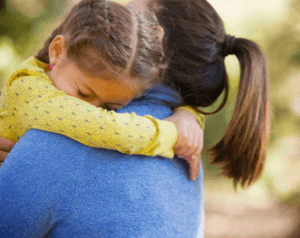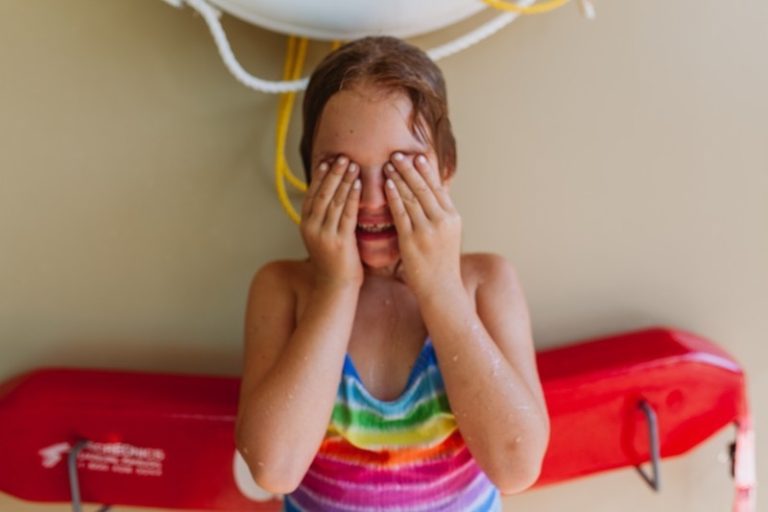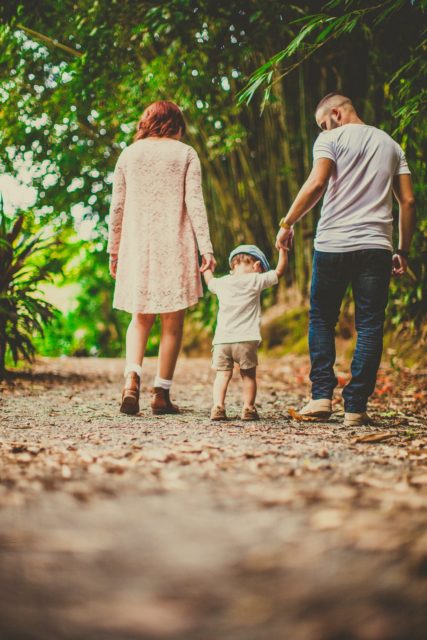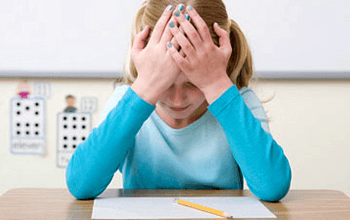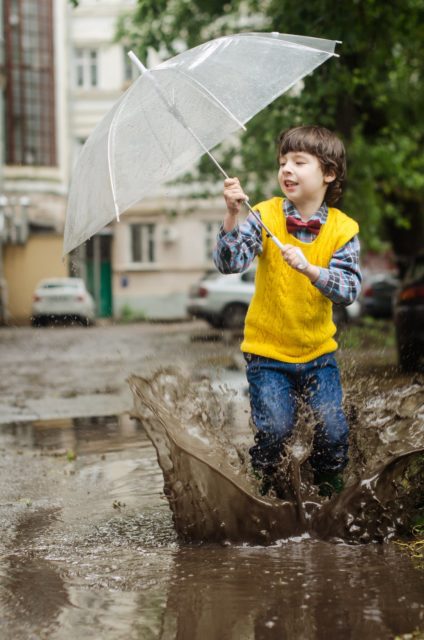Flashbacks Are More Common than You May Think
Flashbacks are experienced when people relive or remember something very frightening. Flashbacks are often experienced with increased physical and psychological arousal. Physically, the person may sweat, their heart rate increases, and breathing may become shallow and rapid. Subjectively, it can be described as “panic,” or “terror.” Some people report feeling “frozen,” or like they are “flinching.”
![]()


